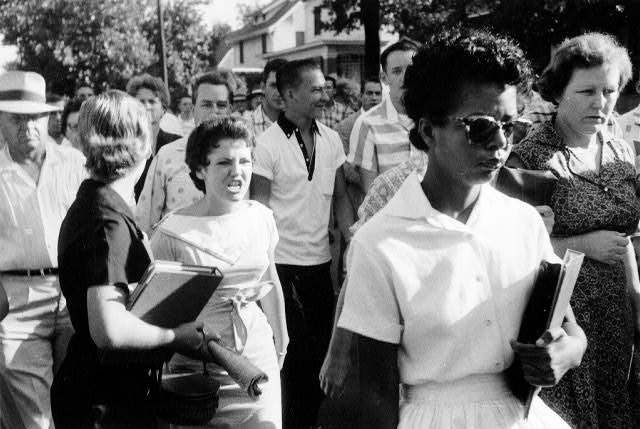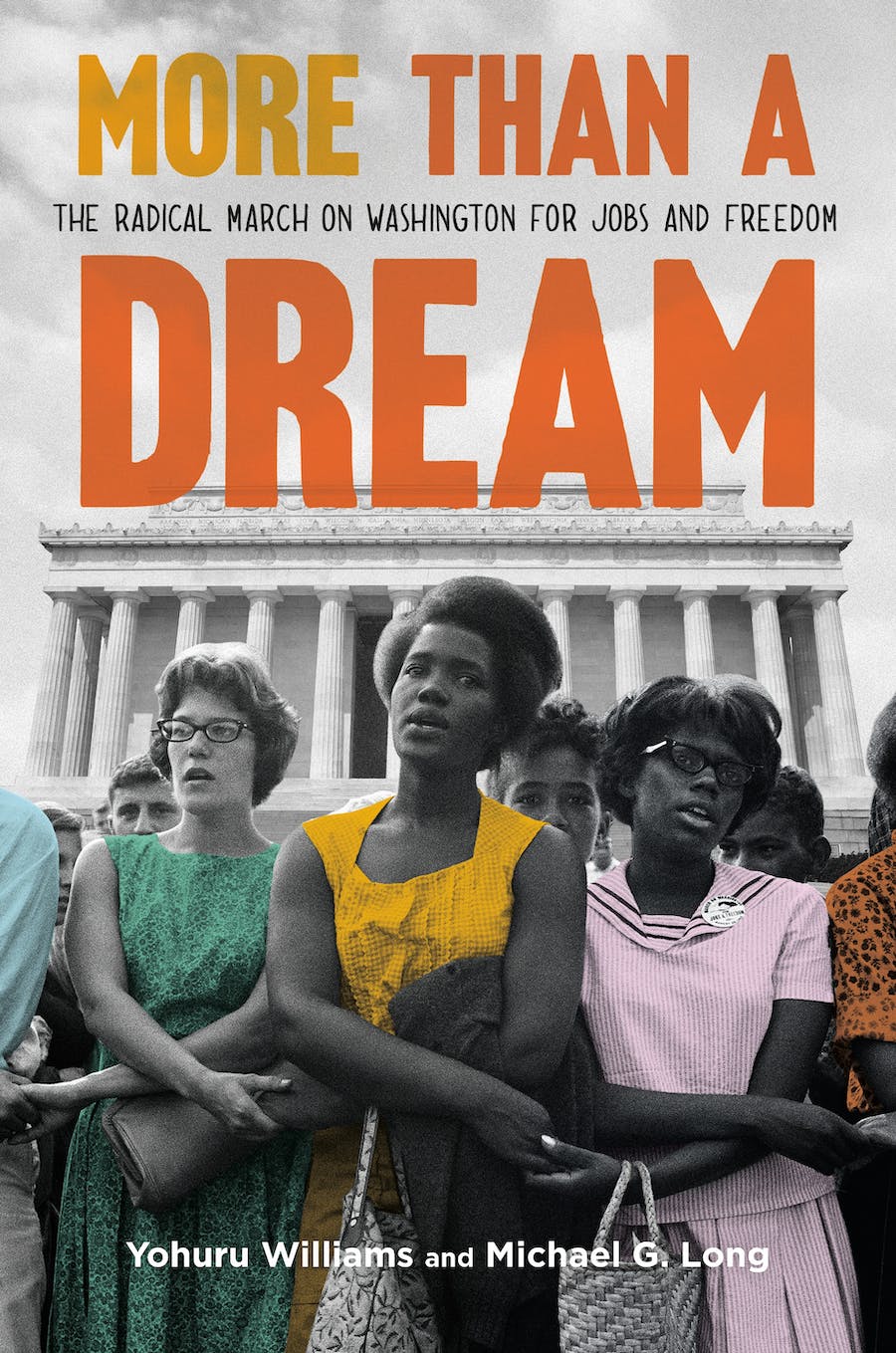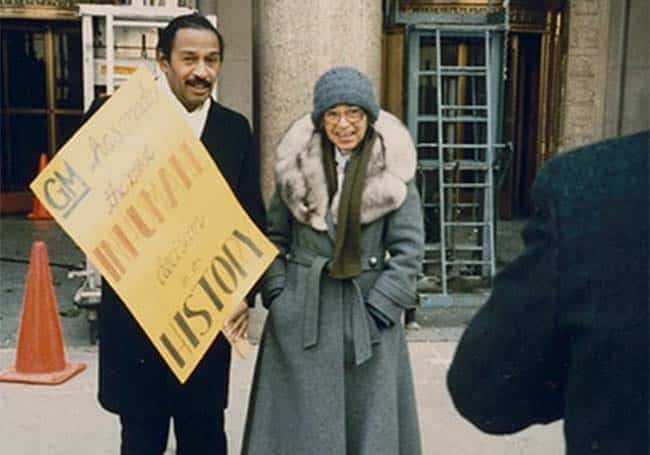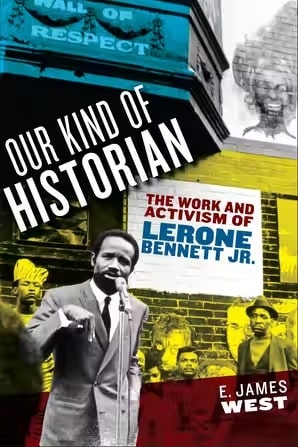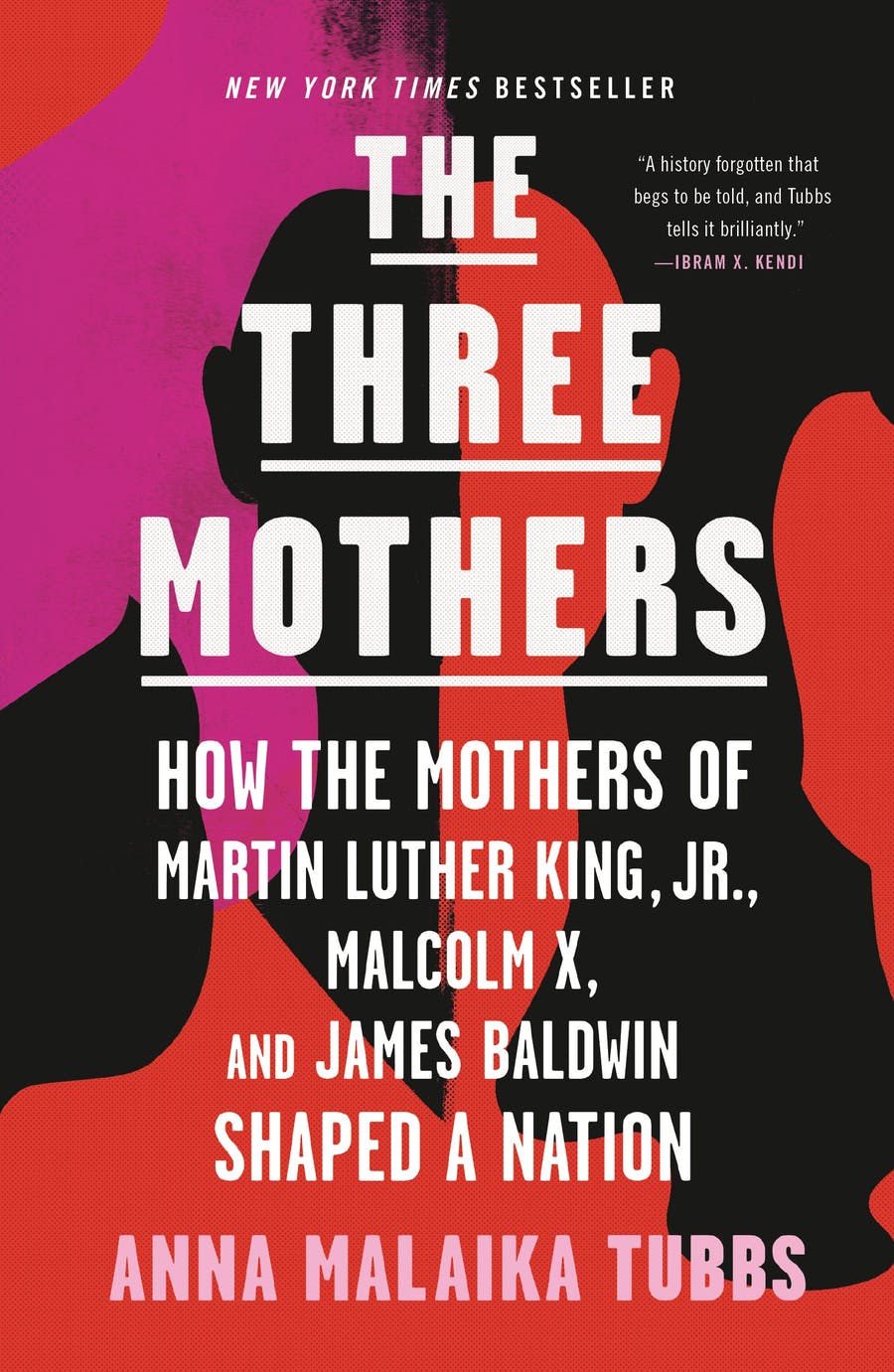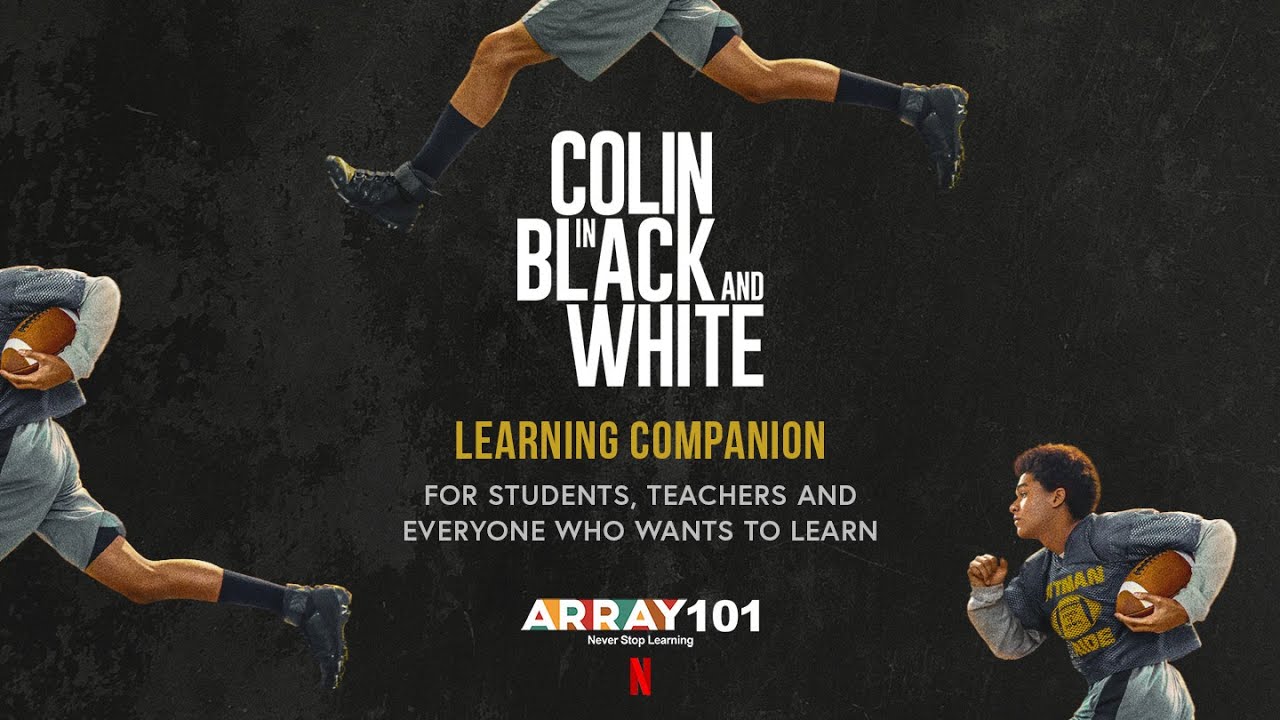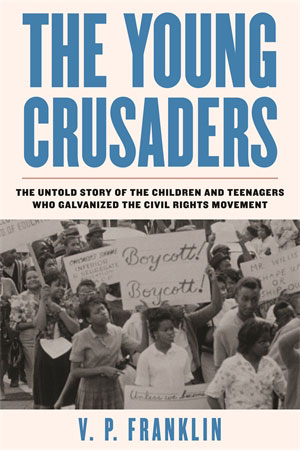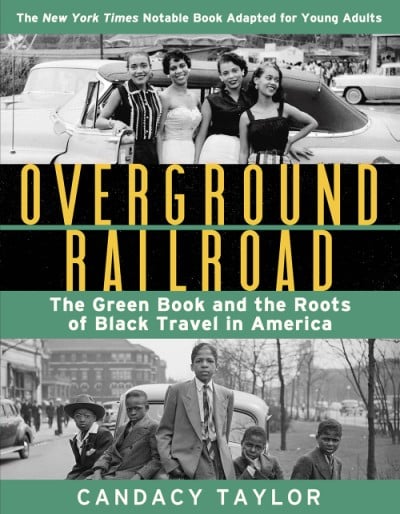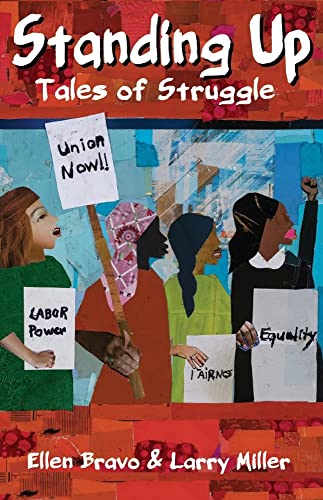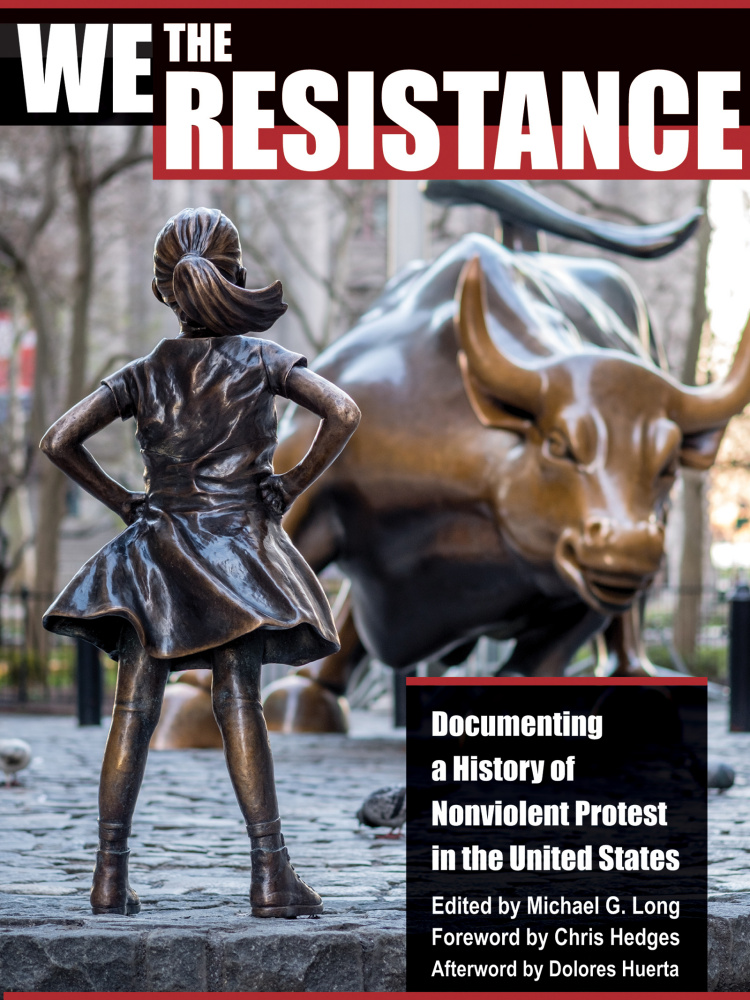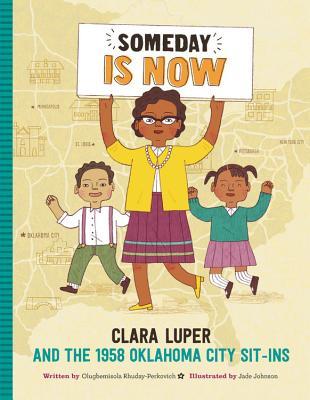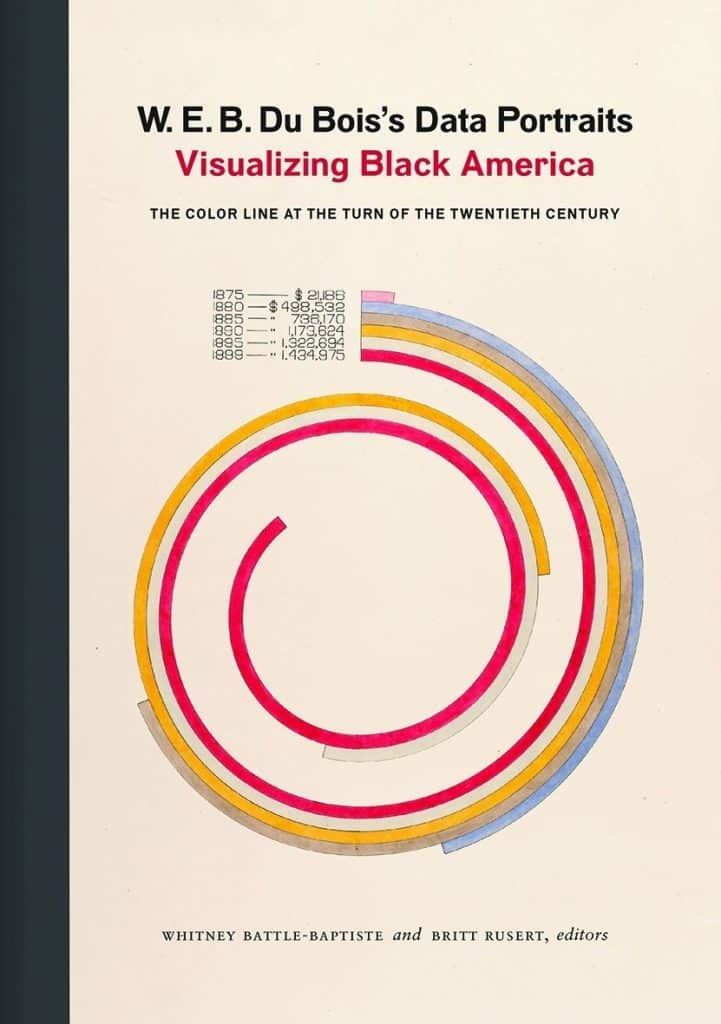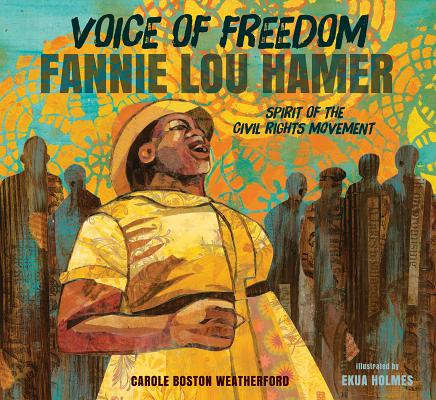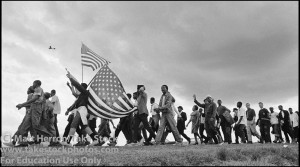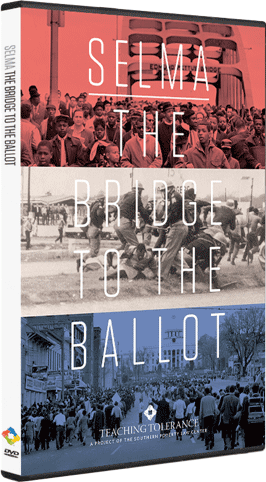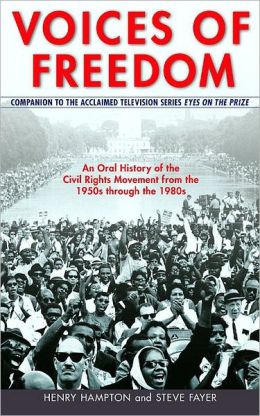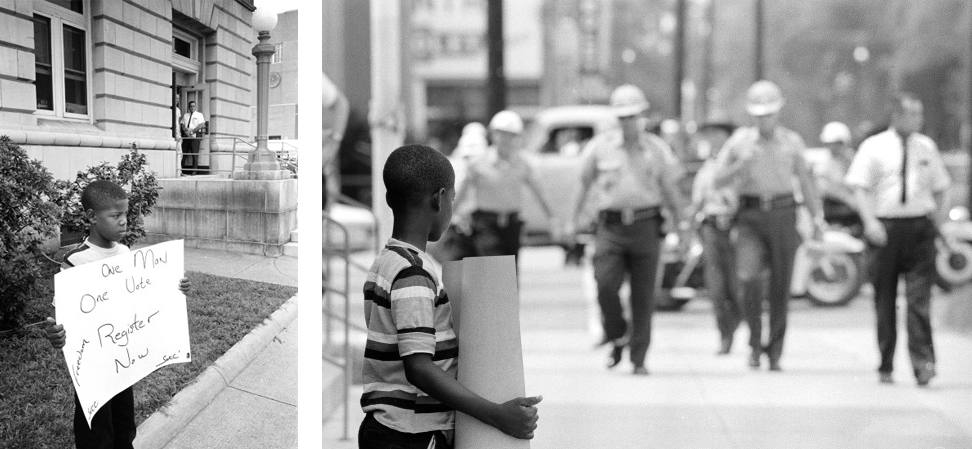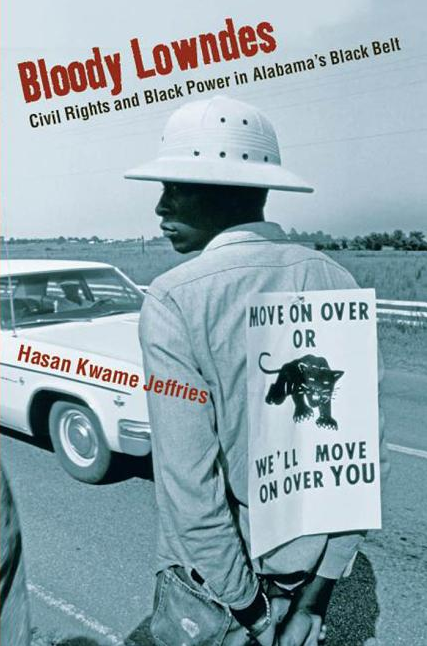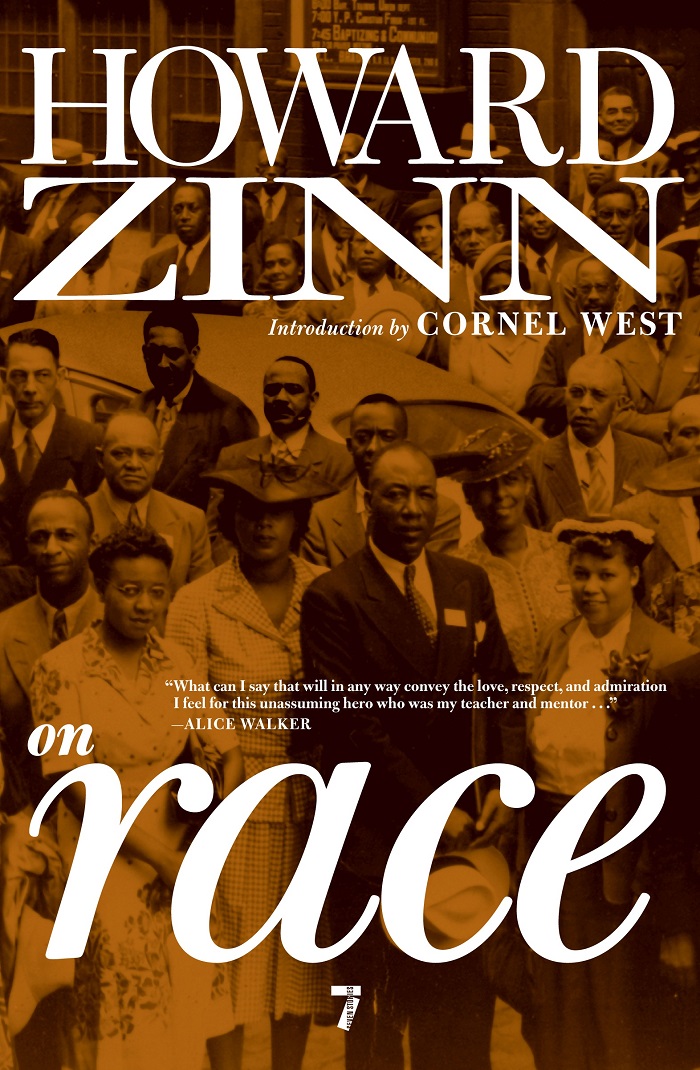Teaching Activity. By Bill Bigelow. Rethinking Schools. 7 pages.
A companion lesson to the Eyes on the Prize segment on school desegregation.
Continue reading
Book — Non-fiction. By Yohuru Williams and Michael G. Long. 2023. 272 pages.
A look at the March on Washington through a wider lens, using Black newspaper reports as a primary resource, recognizing the overlooked work of socialist organizers and Black women protesters, and repositioning this momentous day as radical in its roots, methods, demands, and results.
Continue reading
Teaching Activity. By Say Burgin, Jeanne Theoharis, and Ursula Wolfe-Rocca.
Students learn to “talk back” to official accounts of the Detroit Uprising of 1967 by focusing on its root causes. They also get a fuller sense of Rosa Parks’s life and politics, and the Black freedom struggle outside of the South.
Continue reading
Book — Non-fiction. Edited by Ben Wilkins. 2022. 216 pages.
A representative collection of Anne Braden's writings, speeches, and letters, from the relationship between race and capitalism, to the role of the South in U.S. society, to the function of anti-communism.
Continue reading
Book — Non-fiction. By E. James West. 2022. 328 pages.
This biography examines the life of historian and activist Lerone Bennett Jr. and his influence on African American culture and history.
Continue reading
Film. Directed by Johanna Hamilton and Yoruba Richen. Produced by Soledad O’Brien. 2022. 101 minutes.
This documentary sheds light on Rosa Parks' extensive organizing, radical politics, and lifelong dedication to justice.
Continue reading
Book — Non-fiction. By Anna Malaika Tubbs. 2021. 288 pages.
This book details the lives of Berdis Baldwin, Alberta King, and Louise Little, the mothers of James Baldwin, Martin Luther King Jr., and Malcolm X, respectively.
Continue reading
Teaching Guide. Presented by Ra Vision Media & Know Your Rights Camp. 2022. 85 pages.
In conjunction with the Netflix series of the same name, this teaching guide provides students with resources and activities to understand and address systemic and institutional racism.
Continue reading
Book — Non-fiction. By V. P. Franklin. 2021. 328 pages.
This books tells the story of the hundreds of thousands of children and teenagers who engaged in sit-ins, school strikes, boycotts, marches, and demonstrations in which Dr. Martin Luther King Jr. and other national civil rights leaders played little or no part.
Teaching Activity by V. P. Franklin
Continue reading
Book — Non-fiction. By Candacy Taylor. 2022. 272 pages.
This book chronicles the history of the Green Book, which was published from 1936 to 1966 and was the “Black travel guide to America.”
Teaching Activity by Candacy Taylor
Continue reading
Book — Fiction. By Ellen Bravo and Larry Miller. 2021. 284 pages.
This collection of stories highlights the importance of collective struggle, both in the workplace and in the community.
Teaching Activity by Ellen Bravo and Larry Miller
Continue reading
Article. By Jeanne Theoharis. The Washington Post. 2015.
The radical life history of Rosa Parks, before and after the Montgomery Bus Boycott.
Continue reading
Book — Non-fiction. Edited by Michael G. Long, foreword by Chris Hedges, afterword by Dolores Huerta. 2019. 610 pages.
Encounter the voices of activists sharing instructive stories through narrative and primary documents.
Continue reading
Picture book. By Olugbemisola Rhuday-Perkovich. Illustrated by Jade Johnson. 2018. 32 pages.
The true story of a teacher who led her students to take direct non-violent action to protest segregation.
Continue reading
Book — Non-fiction. By the W. E. B. Du Bois Center at University of Massachusetts Amherst. 2018. 144 pages.
W. E. B. Du Bois's Data Portraits is an informative and provocative history, data, and graphic design book first presented at the 1900 Paris Exposition.
Teaching Activity by by the W. E. B. Du Bois Center at University of Massachusetts Amherst and edited by Whitney Battle-Baptiste and Britt Rusert
Continue reading
Picture book. By Carole Boston Weatherford. Illustrated by Ekua Holmes. 2015. 45 pages.
Illustrated biography of Fannie Lou Hamer, activist for voting and economic rights from Mississippi.
Continue reading
Digital Collection. Produced by John T. Edge and the Southern Foodways Alliance; directed by Kate Medley.
Five short films that document the civil disobedience staged at segregated lunch counters in the 1950s and 60s.
Continue reading
Article. By Emilye Crosby and Judy Richardson. 2015.
Key points in the history of the 1965 Voting Rights Act missing from most textbooks.
Continue reading
Teaching Activity. Teaching for Change. 2015. 20 pages.
Introductory lesson on key people and events in the long history of the Selma freedom movement.
Continue reading
Film. Produced by Bill Brummel. Learning for Justice. 2015. 40 minutes.
Documentary about the students and teachers of Selma, Alabama who fought for voting rights.
Continue reading
Book — Non-fiction. Edited by William Sturkey and Jon N. Hale. 2015. 176 pages.
A collection and examination of the creative literary work of students published during 1964 Freedom Summer in Mississippi.
Continue reading
Book — Non-fiction. Henry Hampton and Steve Fayer. 1991. 692 pages.
Oral histories of the Civil Rights Movement spanning three decades.
Continue reading
Article. By Howard Zinn. Excerpt from Chapter 5 of You Can't Be Neutral on a Moving Train.
Howard Zinn’s first-hand account of Selma’s Freedom Day in 1963.
Continue reading
Book — Non-fiction. By Hasan Kwame Jeffries. 2010. 372 pages.
History of the role that activists in Lowndes County played in spurring Black activists nationwide to fight for civil and human rights in new and more radical ways.
Continue reading
Book — Non-fiction. By Howard Zinn. Introduction by Cornel West. 2011. 192 pages.
Includes some never before published writings, speeches and interviews that illustrate the evolution and fundamental principles around the story of race in the United States.
Continue reading

